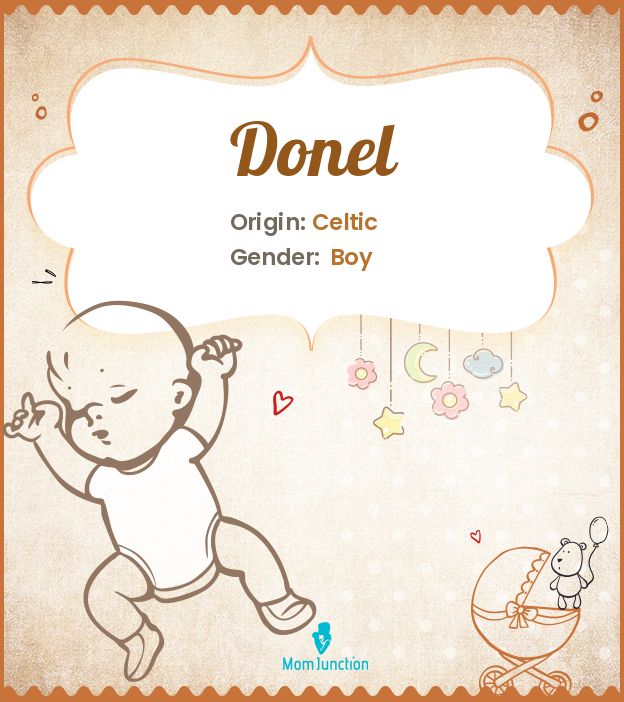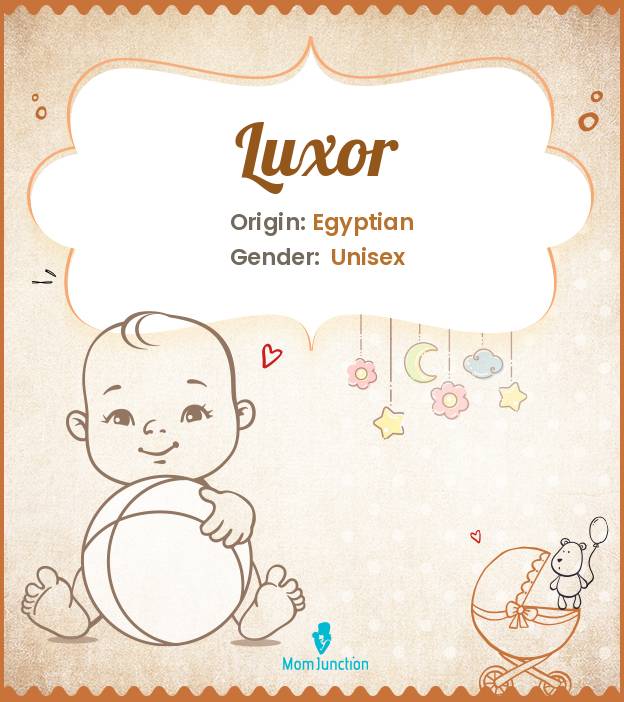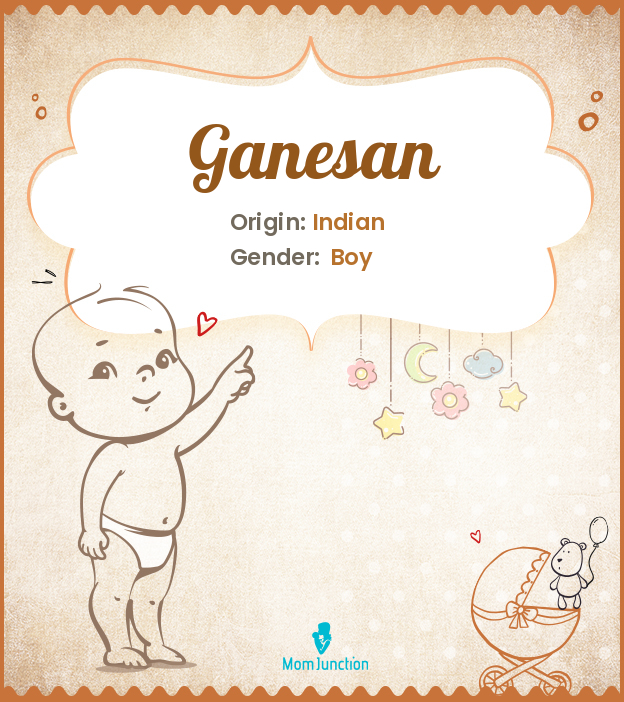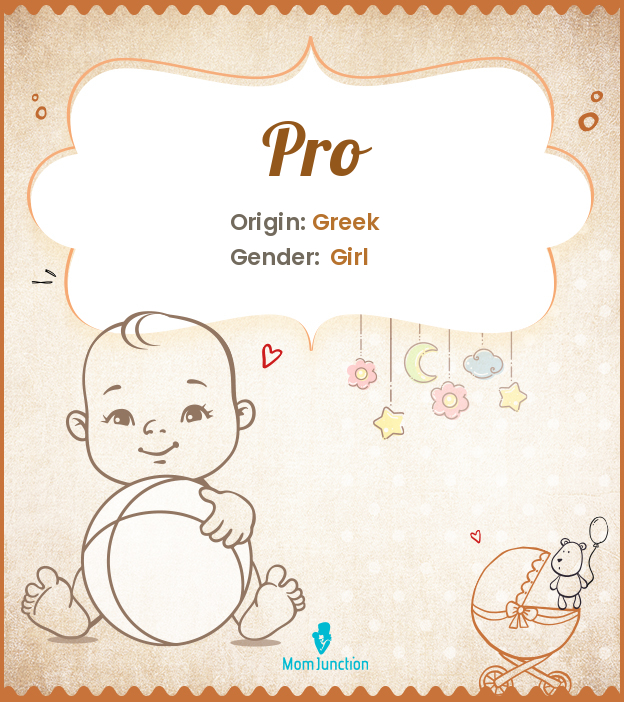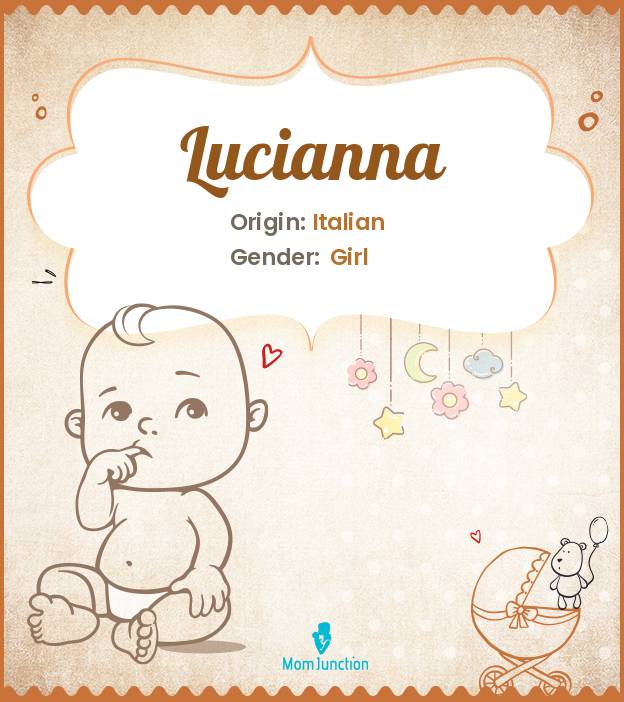
Image: Shutterstock

Switzerland, known for its breathtaking landscapes and rich cultural heritage, boasts various surnames influenced by multiple cultures like German, French, Italian, and Romansh. Swiss surnames offer insight into the historical and social fabric of this unique country. The popular surnames can often be traced to occupational origins, while a few denote topographic origins or social status. Additionally, their last names may sometimes be a shorter version of their names. Swiss last names have roots in Middle High German, Swiss-German, and Old German languages. Read on for a list of common Swiss last names with meanings and origins.
Key Pointers
- Swiss surnames originate in Middle High German, Old German, and Swiss-German.
- Many Swiss surnames are inspired by nature and topography. A few examples are Bieri (stone), Fuchs (fox), and Liechti (a clearing).
- The Swiss started using surnames in the 12th century. Otherwise, they only used one name.
List Of Popular Swiss Last Names Or Surnames With Meanings
From traditional family names tied to specific professions to those linked to particular towns or natural features, we explore some of the most common and historically significant surnames that have become emblematic of Swiss heritage.
1. Ammann
A Swiss German surname, Ammann has an occupational origin, and derives from the Middle High German word ‘ambet man,’ meaning a ‘retinue man’ or retainer. Thus, Ammann may be indicative of individuals who originally worked as administrators.
2. Andros
A commonly used Swiss German surname, it is a variant of the personal name ‘Andreas,’ which comes from the Greek name ‘Andreios,’ meaning manly or masculine.
3. Brunner
It is derived from the German word ‘brunnen’ that means a fountain or a spring in German. Brunner may have been a toponymic name referring to individuals residing beside a well or a spring or a fountain.
4. Baumann
The surname comes from the Middle High German word ‘bumann’ meaning a farmer. Baumann has an early medieval German origin, and may have represented a status name for a peasant.
5. Baumgartner
Baumgartner derives its name from ‘Boumgarte,’ a Middle High German word meaning, ‘orchard.’ Thus, Baumgartner has an occupational origin, representing one who works in or owns an orchard. Baumgartner may also have a toponymic origin, representing individuals who originally lived in a place called Baumgarten, a town in Germany.
6. Bachmann
It is composed of the Middle High German words ‘bach,’ meaning ‘stream’ and ‘man’ which means, ‘man.’ Bachmann has a toponymic origin representing one who dwells by a spring or a brook.
7. Buhler (Buehler)
The name comes from the Old German word ‘buehel,’ meaning a hill. Buhler thus has a toponymic origin and likely referred to those who lived on, or adjacent, a hill.
8. Bucher
Bucher derives from the Middle High German word ‘buoche’ meaning, ‘beech tree’ along with the suffix ‘-er’ that represents an inhabitant. The surname, thus, has a toponymic origin, indicative of people who dwell by a beech tree or beech tree forest.
9. Berge
The surname is derived from the German word ‘berg,’ meaning a mountain. It has a toponymic origin, representing individuals who dwell in the hills or mountains.
10. Bieri
This surname is derived from the personal name Pierre, which is the French form of Peter. The name Peter comes from the Greek word ‘Petros,’ meaning ‘stone.’
11. Burri
Burri was originally a nickname derived from the personal name ‘Burkhart.’ The name Burkhart is composed of the German elements ‘burg,’ meaning a fort or a castle, and ‘hart,’ meaning brave or hardy.
12. Blaser
It is derived from ‘blasaere,’ a Middle High German word which means ‘blower.’ The name is likely of an occupational origin and would have referred to a musician who played a wind instrument.
13. Brucker
It is derived from the German word ‘Brucke,’ which means a bridge. It is either a toponymic name referring to someone who lived near a bridge or an occupational name for someone who worked as a bridge-keeper.
14. Christen
Christen is derived from the Latin name ‘Christianus,’ which means ‘a Christian’ or a follower of Christ.
15. Egger
It is derived from the German word ‘eggen,’ which means to ‘harrow’ or to ‘plow.’ Egger may have been an occupational name representing a farmer or a peasant.
16. Elmer
It is a toponymic name referring to someone who originally belonged to the village of Elmer, located in the Glarus region of Switzerland.
17. Fischer
It is the German word a ‘fisher’ or a ‘fisherman.’ The name is thus an occupational one referring to someone who worked as a fisherman.
18. Frei
It is the German word for ‘free’ or ‘liberal.’ Frei may have been originally a status name to indicate a free or emancipated person in a feudal system. Frey, which sounds similar, also has a similar meaning as Frei.
19. Fricker
It is a toponymic name for someone who came from the ‘Fricktal,’ meaning the Frick valley region of Switzerland.
20. Fuchs
Fuchs is derived from the Old High German word ‘fuhs’ meaning a fox. Fuchs may have been used as a nickname for a person who was cunning, crafty, or sly. The surname may have also served as a pet name for an individual with red hair.
21. Furrer
Furrer is a toponymic Swiss surname. The surname derives from ‘Furre,’ a Swiss word meaning a ‘cleft in the ground.’
22. Fluckiger
It is derived from the Middle High German word ‘vlicken,’ meaning ‘to patch.’ It may have been an occupational surname for those who patched fabric or shoes.
23. Fankhauser
It comes from the German phrase ‘fang haus’ meaning a ‘capture house.’ The name referred to an enclosure used to keep animals captured during hunting. The name may have referred to someone who lived by a capture house or who looked after a capture house.
24. Favre
It comes from the Latin word ‘faber’ meaning a ‘smith’ or a ‘craftsman.’ The name has an occupational origin, and indicative of someone who came from a family of blacksmith or craftsmen.
 Did you know?
Did you know?25. Gerber
It is the German word for a ‘tanner.’ The name is thus an occupational one used to refer those who worked in tanning of leather.
26. Graf
It means ‘Earl’ or ‘Count’ in German. The name would have been a title to those originally came from aristocratic families. It may also have been a surname for those who served royal families.
27. Girtman
Girtman originates from ‘gurten,’ a German word meaning ‘to gird.’ Girtman thus has an occupational origin representing someone who made straps and belts.
28. Gasser
It is derived from ‘gasse,’ a German word which means ‘street’ or ‘alley.’ Gasser has a toponymic origin, representing one who lived in an alley or a side street.
29. Gisler
It is a modified form of the name Geissler. The name Gisler derives from ‘geiz,’ a Middle High German word meaning ‘goat.’ Thus, Gisler has an occupational origin representing a goatherd.
30. Haller
It is a variant of the name Halter, which comes from the Middle High German word ‘halte,’ meaning ‘pasture.’ The name is a toponymic one referring to someone who lived near or on land with large grass pastures.
31. Hofer
Hofer derives from ‘hof,’ a Middle High German word meaning ‘manor farm’ or ‘farmstead.’ The name is a toponymic one for someone who lived on a farmstead or an occupational one for someone who managed a manor farm.
32. Hofmann/Hoffman
Hoffman/Hofmann comes from the Middle High German word ‘hofman,’ meaning ‘one who manages the farm or property of another,’ thus referring to a steward.
33. Hess
Hess has a toponymic origin and referred to individuals who originally came from the region called Hesse in Germany.
34. Hug
Hug derives from the Old German word ‘hug’ that means ‘spirit’ or ‘someone with a strong heart and mind.’ The name was also likely used as a personal name.
35. Hunziker
Hunziker has a toponymic origin, representing an individual from places called Hunzikon and Huntziken in Switzerland.
36. Hauser
It is derived from ‘hus,’ a Middle High German word meaning ‘house’ along with the suffix ‘er.’ The name would have represented someone who provided shelter or protection to people. Therefore, it may have referred to a lodge or inn-keeper.
37. Hartmann
Hartmann is composed of the Middle High German words ‘hart’ meaning ‘brave’ or ‘hardy’ and ‘man’ meaning ‘man.’ The name thus means brave man and would have referred to a warrior or a brave individual.
38. Hedinger
It is a toponymic name that refers to someone who originally belonged to the place called Hedingen located in the Zurich administrative division of Switzerland.
39. Imhof/Imhoff
It comes from Middle Low German and means ‘at the manor farm.’ The name is an occupational one referring to those who worked at manor farms or a farmstead.
40. Jaggi
Jaggi derives from ‘jagen,’ a German word meaning ‘to hunt.’ The surname may have an occupational origin representing a huntsman or a hunter.
41. Keller
It is the German word for ‘cellar.’ It was an occupational name for someone who looked after a food cellar or warden who looked after the cellar of prisoners.
42. Kaufmann
Kaufmann is the German word for a trader or merchant. The name is thus an occupational one.
43. Kuntz
Kuntz is a diminutive of the word ‘Konrad,’ which means ‘bold advisor’ in Old High German. The name is an occupational one referring to those who worked as advisors or counselors.
44. Koch
It is the masculine German word for a ‘cook.’ Koch, thus, has an occupational origin, representing a cook.
45. Kohler
It originates from ‘kol,’ a Middle High German word meaning ‘charcoal.’ The name Kohler has an occupational origin, representing one who burns charcoal or the one who sells charcoal.
46. Kensinger
The Swiss German surname has a toponymic origin, referring to someone who originally belonged to a place called Kenzingen, a town in Germany.
47. Krieger
It comes from the Middle High German word ‘krieger’ that means ‘common soldier.’ The name would have likely referred to those who worked as mercenaries.
48. Kuhn
It is a German word that means ‘bold,’ ‘hardy,’ ‘daring,’ or ‘audacious.’ It was likely used as a name for someone who showed these qualities.
49. Klauser
A diminutive of the personal name, Nicholas, which comes from the Greek name Nikolaos, meaning ‘victorious people.’
50. Klausner
It is derived from the Middle High German word ‘klosenaere’ meaning a ‘hermit.’ The name would have referred to a hermit or to someone who lived at an isolated place.
51. Luthi
A Swiss German surname composed of the word ‘luti’ or ‘leute’ that means ‘people’ in German. The name would have been a nickname or personal name before turning into a surname.
52. Lehmann
Lehmann derives from ‘lehenman,’ a Middle High German word that means vassal – a feudal tenant who is granted land by a landlord in return for a fee or royalty. Thus, Lehmann may be a status name representing a feudal tenant.
53. Leuenberger
The name is a toponymic one and likely referred to those who came from a region called Lowenberg in Germany. The name may also have been a reference to people from any of the several small places called Leuenberg in Germany and Switzerland.
54. Langel
It is derived from ‘lang,’ a word meaning long or tall in German. The name would have been a nickname for someone who was tall.
55. Liechti
It comes from the Swiss German word ‘liechti’ that means a ‘clearing.’ Liechti has a topographic origin representing an individual who resides in a clearing.
56. Muller
It is derived from the Middle High German word ‘muller’ that means ‘miller’. Muller has an occupational origin and referred to those who worked as millers.
57. Meier
It comes from the Middle High German word ‘meier’ that means ‘administrator’ or ‘mayor.’ The surname is thus an occupational one.
58. Meyer
It is a variant of the Middle High German word ‘meier’ that means mayor. The name was used to refer to someone who worked as a mayor or as a bailiff/steward.
59. Moser
It originates from the word ‘mos,’ a Middle High German word for a peat bog. The name would have been a toponymic one representing anyone who resided close to a peat bog.
 Did you know?
Did you know?60. Marti
Marti originates from a nickname for the name Martin. The name Martin comes from the Roman name Martinus, which referred to someone who was a follower of the Roman God Mars.
61. Maurer
It is the German word for a ‘mason’ or a ‘wall-builder.’ The surname is an occupational one.
62. Michel
It is a variant of the name Michael, which comes from the Hebrew name ‘Mikhael,’ meaning the ‘one who is like God.’
63. Mylin
A Swiss German toponymic surname for those who originally belonged to the town of Meilin in the Zurich region of Switzerland.
64. Noser
Noser derives from the Middle High German word ‘Noss,’ meaning ‘cattle.’ Noser is thus an occupational surname representing an individual who raises cattle and other domestic animals.
65. Oberle
Oberle is derived from ‘ober,’ a Middle High German word meaning ‘upper one.’ Oberle likely has a topographic origin, representing an individual who resides at the upper end of or above a settlement.
66. Pfister
It is derived from ‘pfister,’ a Middle High German word meaning ‘baker.’ Pfister is an occupational surname.
67. Peter
Peter originates from ‘Petros,’ a Greek word that means ‘rock’ or ‘stone.’
68. Roth
The surname likely originates from ‘rot,’ a Middle High German word meaning ‘red.’ The name may have been a nickname for an individual with red hair.
69. Reif
It comes from the Middle High German word ‘reif’ that means ‘hoop’ or a ‘ribbon.’ The name is an occupational one referring to someone who worked as a ribbon-maker or a cooper.
70. Schmid
A cognate of ‘Smith,’ and an occupational surname referring to a blacksmith.
71. Schneider
It is derived from ‘schneiden,’ a German verb that means ‘to cut.’ Schneider is a surname representing a tailor or one who is merchant of garments.
72. Steiner
Steiner derives from ‘stein,’ which is the German word for a rock or stone. Steiner either has a toponymic origin referring to someone who lived on a rock or is an occupational surname for a quarry worker.
73. Seiter
It comes from the Middle High German word ‘suter,’ which means ‘shoemaker.’ The surname is thus an occupational one and refers cobblers.
74. Studer
It likely comes from the German word ‘staude’ meaning a shrub or a plant. The name is likely a toponymic one for those who originally lived along a plantation, forest, or a thicket.
75. Schweizer
It is a German word for a ‘Swiss person’ or for ‘someone from Switzerland.’ The name would have likely originated in Germany and later adopted by those in Switzerland as well.
76. Stalder
Stalder derives from ‘stalde,’ a Middle High German word meaning a steep slope or a steep path. Stalder thus has a toponymic origin representing an individual who resided on a steep slope.
77. Sutter
It comes from the Middle High German word ‘suter,’ which means ‘to sew.’ Sutter is an occupational name for those who either worked as a tailor or as a shoemaker.
78. Sommer
It is the German word for ‘summer.’ Sommer may have been as a nickname for an individual with a warm disposition or a person somehow associated with the summer season.
79. Schuler
It means a ‘student’ in German. Schuler likely has an occupational origin representing an individual (scholar/student) undergoing training, like for becoming a priest.
80. Senn
Senn originates from ‘senne,’ a Middle High German word which means, a farmhand or one who works as a dairy farmer. Thus, Senn is an occupational surname.
81. Seiler
Seiler derives from ‘seil,’ the German word for rope. Thus, Seiler has an occupational origin representing a ropemaker.
82. Schmidt
Schmidt is a common Swiss surname that comes from the Middle High German word ‘smit’ meaning a smith. The name has an occupational origin and represents a metalworker or a blacksmith.
83. Schwarz
Schwarz originates from ‘Schwarz,’ a German word meaning ‘black.’ The name may have originally denoted someone with dark hair or complexion.
84. Schaffhauser
A Swiss German last name, Schaffhauser is a toponymic name representing an individual who originally belonged to the town of Schaffhausen situated along the Rhine river in Switzerland.
85. Saxer
Saxer is a toponymic name that denotes someone who originally belonged to the region of Saxony in Germany.
86. Siegenthaler
It is a toponymic name for those who originally belonged to the valley of Siegen in Switzerland.
87. Scheidecker
It is a toponymic surname for an individual from any of the several places named Scheideck in Switzerland and Germany.
88. Staheli
It is a variant of the name ‘Stahl,’ which comes from the Middle High German word ‘stal’ meaning ‘steel’ or ‘armor.’
89. Theiler
It is derived from the German word ‘teilen,’ meaning ‘divide’ or ‘division.’ Theiler has an occupational origin denoting a person who oversees the cloth cutting in a merchant’s shop.
90. Tanner
It is an occupational surname for someone who worked as a tanner or as a merchant of leather. The surname could also be a toponymic one referring to someone who originally belonged to the town of Tann in Germany.
91. Vogel
It is derived from ‘vogel,’ the German word for a bird. The name may have been a nickname or an occupational name for a bird-catcher.
92. Vogt
It comes from the Middle High German word ‘voget’ meaning a lawyer or a bailiff. The surname is thus an occupational one.
93. Weber
Weber derives from ‘weber,’ a Middle High German word that means ‘to weave.’ Weber, thus, has an occupational origin representing a weaver.
94. Wenger
Wenger is a toponymic name for someone from any of the several places called Weng or Wengen in Switzerland and Germany.
95. Wuethrich
It is derived from ‘wüetrich,’ a Middle High German word that means ‘tyrant.’ The name may have been a nickname for a tyrannical person.
96. Wagner
It comes from the Middle High German word ‘wagener,’ meaning a wagon-maker. The surname is thus an occupational one.
97. Zaugg
The surname Zaugg originates from ‘Zougo,’ an Old High German personal name. Zougo, in turn, may be derived from the word Old High German word ‘ziehen,’ which means ‘to pull.’
98. Zurcher
Zurcher is a toponymic surname denoting someone who originally belonged to the region of Zurich in Switzerland.
99. Zimmermann
It is a composite word made from the Middle High German words ‘zimber’ meaning timber and ‘mann’ meaning man. The surname is an occupational surname for those who worked as a carpenter.
100. Zug
It is a toponymic name for someone who came from the city of Zug in Switzerland.
Discover More Names
When you have to choose a name for your baby, a few hundreds of names may not be just enough. Keep digging our mine of baby names until you find that one precious gem.
Frequently Asked Questions
1. Do Swiss surnames differ based on region or language?
The population in Switzerland speaks German, French, or Italian. The german-speaking population has surnames such as Müller, Meier, and Schmid; the French-speaking population has surnames such as Favre, Picard, Marty, and Chevrolet, and the Italian-speaking population such as Neri Grandi and Ferrari.
2. How many surnames are there in Switzerland?
There are over half a million Swiss surnames.
3. What are the Swiss Amish last names?
Some common Amish last names among the Swiss Anish are Schwartz, Kilty, Graber, Shetler, Eicher, Christener, Girod, Lengacher, Wengerd, and Wickey.
4. How did Swiss surnames come to be?
Until the 12th century, the Swiss had only one name. However, as the population grew, it became imperative to add a second name. These names are divided into five groups: profession, place of residence, the place where a person comes from, father’s name, and characteristics (1).
5. How have Swiss surnames evolved, and what factors have influenced these changes?
With linguistic shifts in the various languages from which Swiss surnames are derived, they have changed in spelling and pronunciation. Moreover, with globalization and mobility, Swiss surnames have inevitably evolved. Historical events and political alliances also play an essential role in shaping names.
6. What role do Swiss surnames play in genealogy and family history research?
Swiss surnames are the primary resource for identifying a family’s lineage through different generations. Genealogists can study births, deaths, marriages, and census data to construct family trees. Moreover, surnames are essential to identify a family’s ancestral village or town. They also help study variations and adaptations in spelling and pronunciation. Some surnames help trace an ancestor’s occupation and reveal their social standing.
Switzerland is known for its surreal scenic beauty. The beautiful people here have unique and varied surnames. The famous Swiss surnames give us insight into the region’s history, including modern-day Switzerland and Germany. These last names are primarily occupational origins, such as Blaser, Egger, Fluckiger, Girtman, Jaggi, Kohler, or Pfister. Surnames–Elmer, Hess, Kensinger, Mylin, Wenger, and Zurcher have a toponymic origin, which means they have been derived from names of particular places. Others, such as Peter, Schneider, and Frei, have various meanings.
Infographic: Occupational Swiss Surnames And Their Meanings
Occupation has been one of the most common sources of surnames in almost every culture. We bring you this infographic with some of the popular occupational surnames among the citizens of Switzerland. Take a look and enhance your knowledge.
Some thing wrong with infographic shortcode. please verify shortcode syntax
Illustration: Common Swiss Last Names Or Surnames With Meanings

Image: Stable Diffusion/MomJunction Design Team
References
- Switzerland Personal Names
https://www.familysearch.org/en/wiki/Switzerland_Personal_Names
Community Experiences
Join the conversation and become a part of our nurturing community! Share your stories, experiences, and insights to connect with fellow parents.
Read full bio of Madhurima Biswas
Read full bio of Shikha Thakur
Read full bio of Angela Alex











